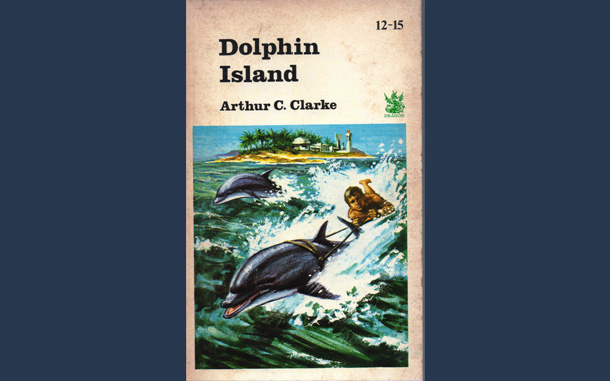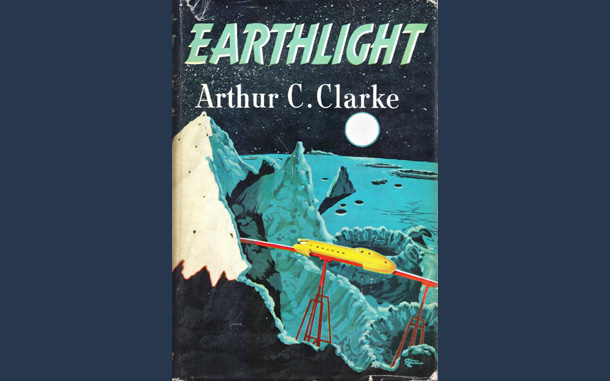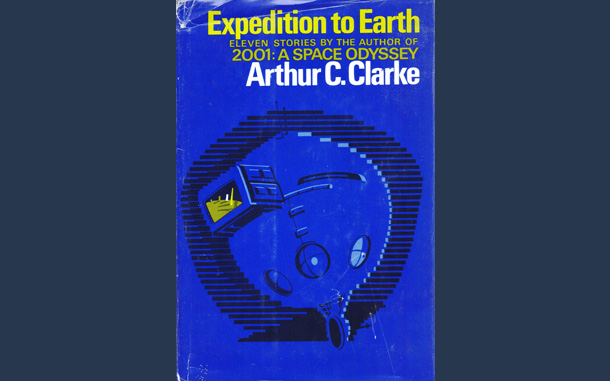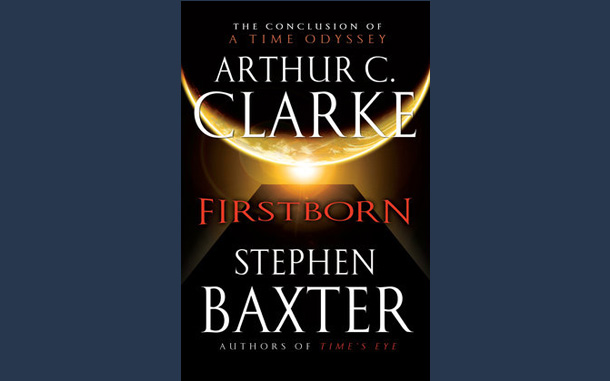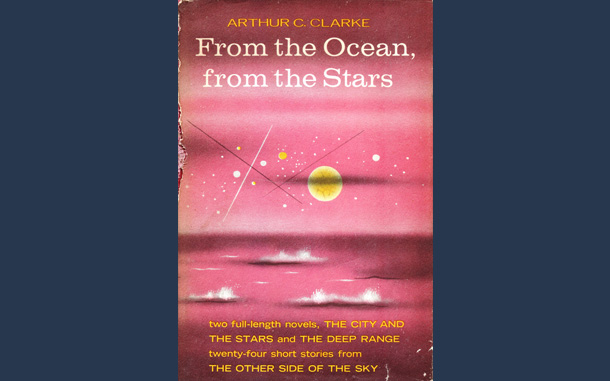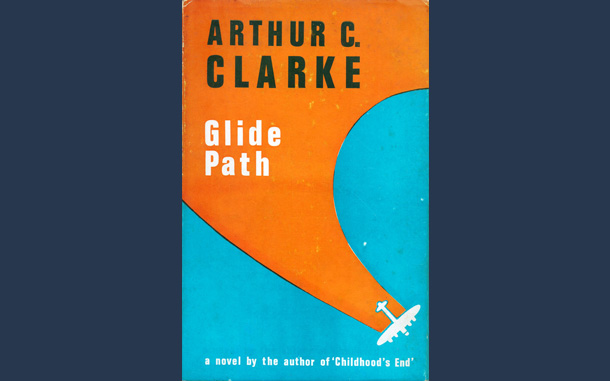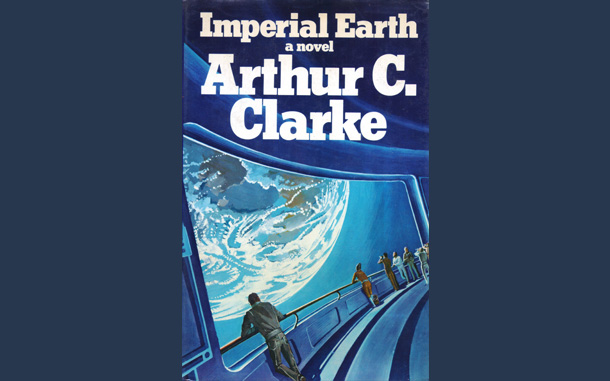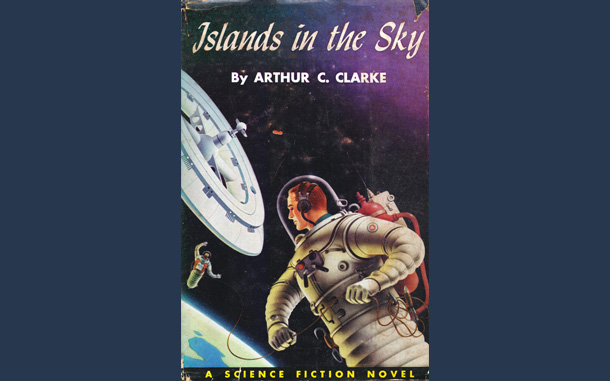Arthur C Clarke's
Fiction
The following list covers all published novels and short story collections of Arthur C Clarke. It includes literary collaborations (with co-author names given). All are in the genre of science fiction, except for Glide Path (1963) which is based on Clarke’s wartime service with the Royal Air Force where he worked on a radar-based, ground-controlled approach aircraft landing system.
Most of these titles are still in print, some having run into multiple editions and reprints. Please check online or with book sellers for availability.
